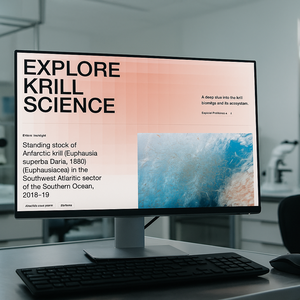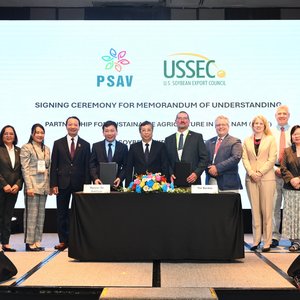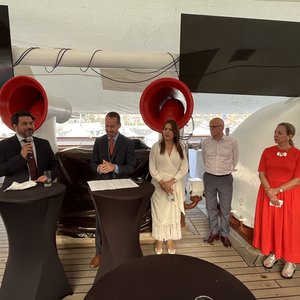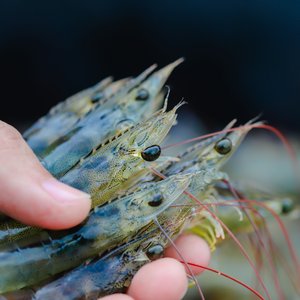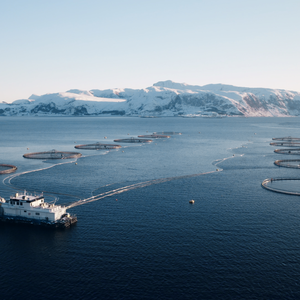WWF Benchmarking Study: Certification Programmes for Aquaculture
The World Wildlife Fund (WWF) has released a study analysing the performance of existing aquaculture certification standards and labels for aquaculture products. Most of the analysed standards have significant shortcomings and lack an effective and credible regulatory framework, the report says: shortcomings include:
o No performance-based metrics and indicators for effluent discharges and other key environmental factors, such as efficient use of energy, water, feed and land
o Insufficient coverage of key issues, such as sustainable sources for fishmeal used in the diet, use of GMO products, prevention of escapes, introduction of non-native species, bio-security measures, prevention of disease and protection of sensitive habitats and local wildlife
o Insufficient coverage of social issues, such as basic labour rights, community land rights and access to natural resources
o Limited openness of standard governance and multi-stakeholder participation in standard development
o Lack of meaningful measurable and verifiable criteria addressing the key areas of concern
o Lack of independency of the standard creating, standard holding, inspection and
certification bodies
o Lack of corrective measures and sanction procedures and lack of chain of custody
certification
Download the WWF Benchmarking Study on International Aquaculture Certification Programmes [PDF, 3.65 MB]



